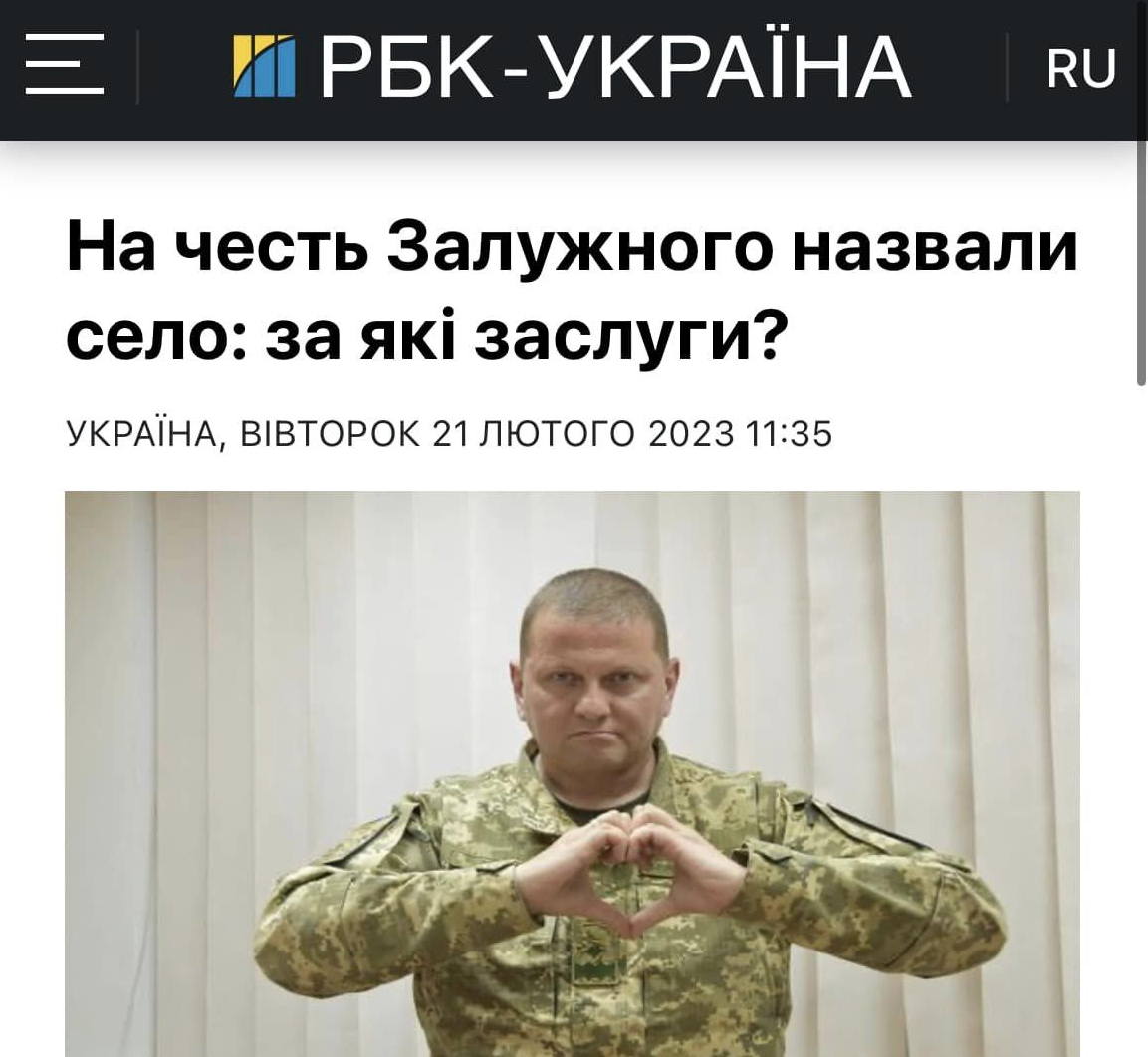The editors of RBC Ukraine filed a statement with the cyberpolice over website forgery and a fake article criticizing the UAF Commander-in-Chief, Valery Zaluzhny. RBC Ukraine journalist Dmytro Braslavsky reproted this to the IMI.
The perpetrators signed the article criticizing Zaluzhny as Dmytro Braslavsky, which he reported on Facebook.
The journalist said that neither the editors nor he has any relation to the website or the article. Braslavsky believes that this is how the Russians are waging their info war.

Photo: rbk.media
“They created a fake RBC Ukraine page, threw together some miserable article about Zaluzhny and signed it with my name. This, of course, is intended for people who will not be attentive enough and will think that what the article says is completely true. But no, it’s a goddamn fake, which neither I nor RBC Ukraine have anything to do with,” the journalist wrote.
In a comment to IMI, Dmytro said that he had already contacted the cyberpolice regarding this incident. He explained that the domain of RBC Ukraine is rbc.ua, and that of the fake resource is rbk.media.
“This is a copy of the website. As the editorial team has explained, this is not the first such occurrence. I personally forwarded the link to this propaganda to the editors, and then it was passed on to the cyberpolice. You can see the difference between the official RBC Ukraine website and this fake one by the domain. As I understand it, Russian propagandists (and maybe even Prigozhin’s bot factory) do similar things all the time,” the journalist noted.
As IMI reported, in September, unknown persons created a copy of the Ternopil online resource “Poglyad” and of its Facebook page. And in Snigurivka town (Mykolaiv oblast), which had been under Russian occupation since March to November, the invaders were distributing a clone of the locally known newspaper “Ridne Prybuzhzhia”. The Russians used the layout, typeface, and name of the regional newspaper, having translated it into Russian – “Rodnoe Pribuzhye”.
